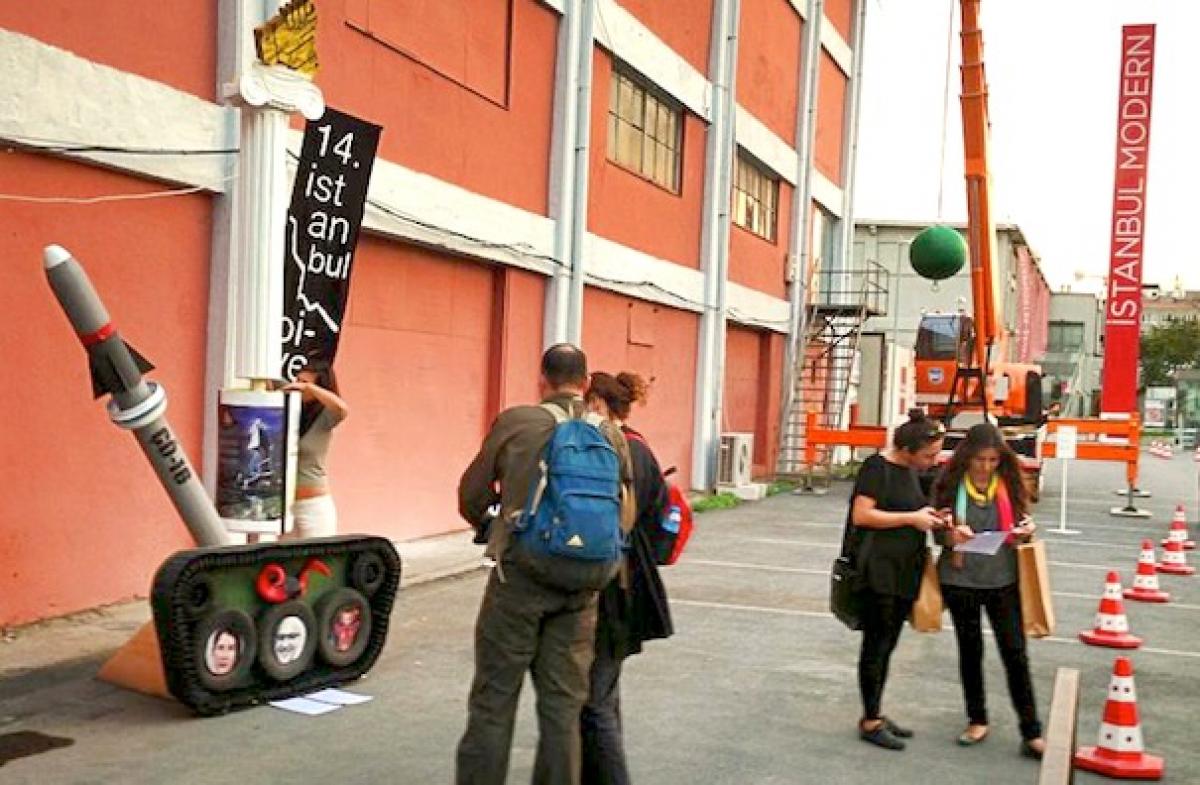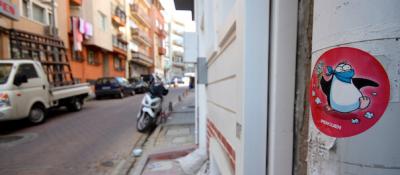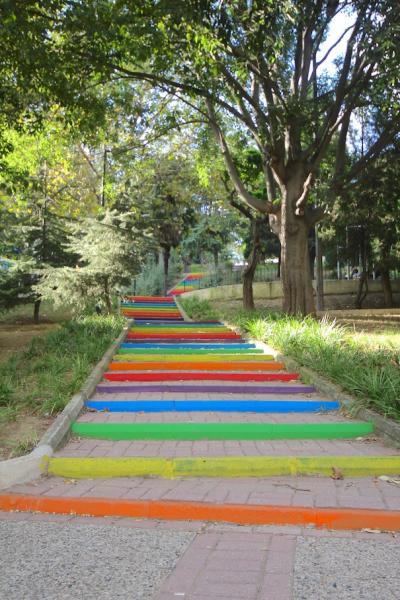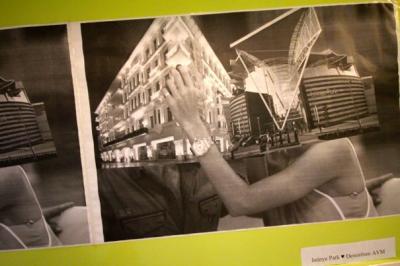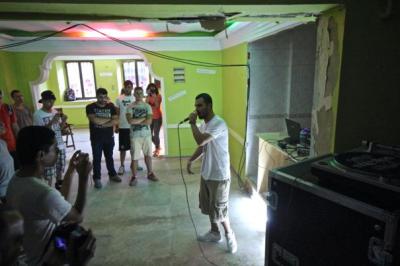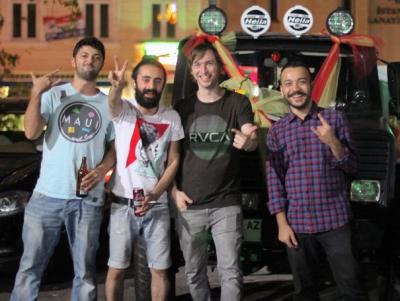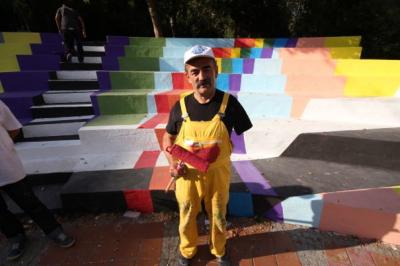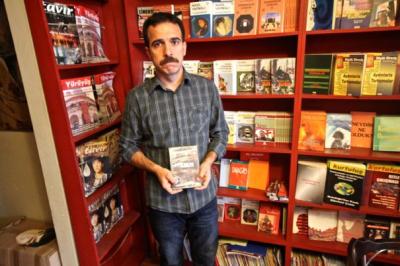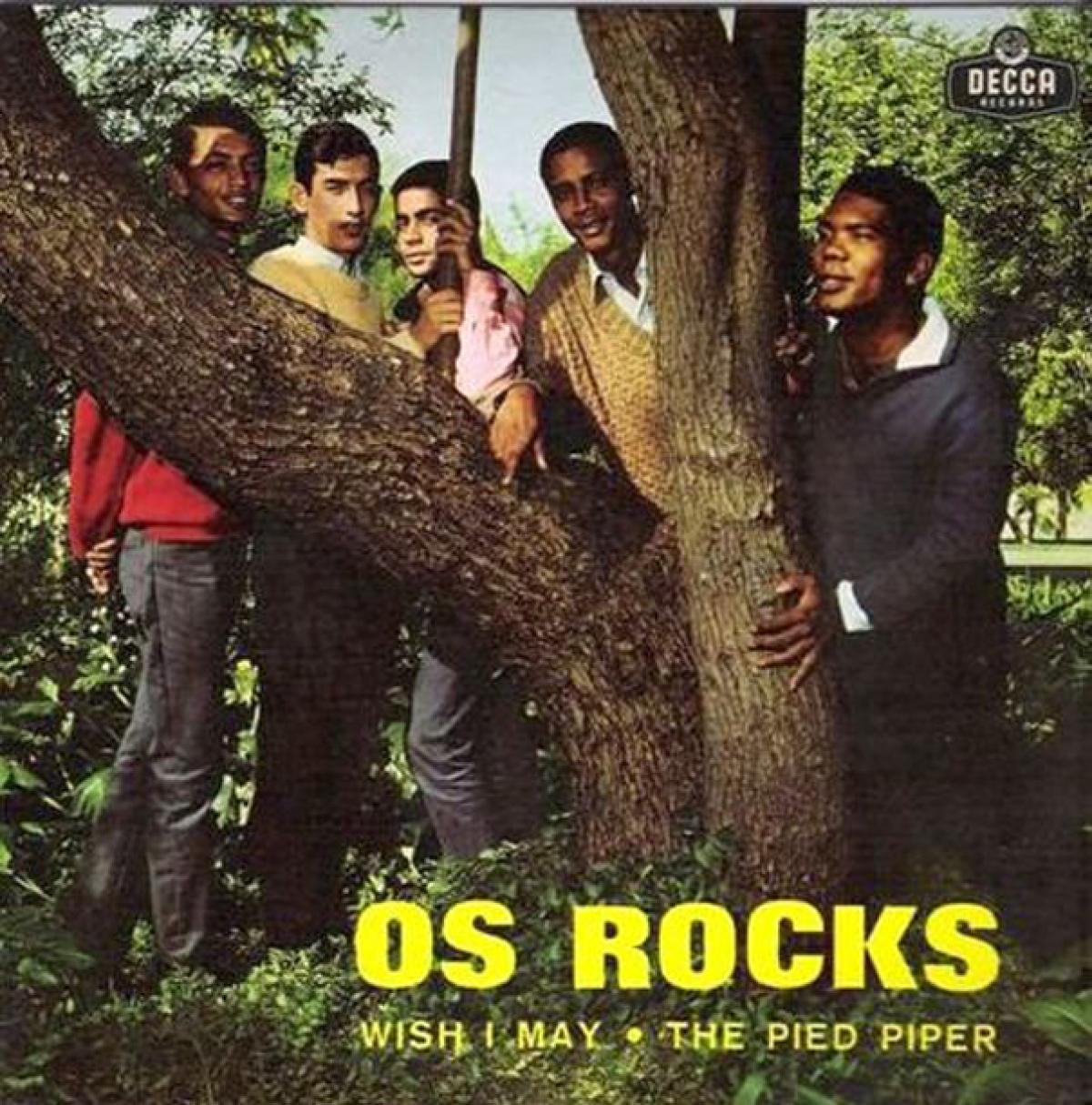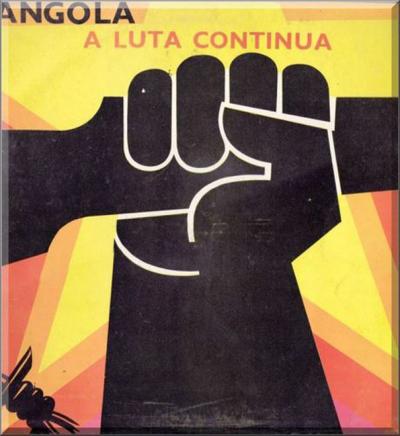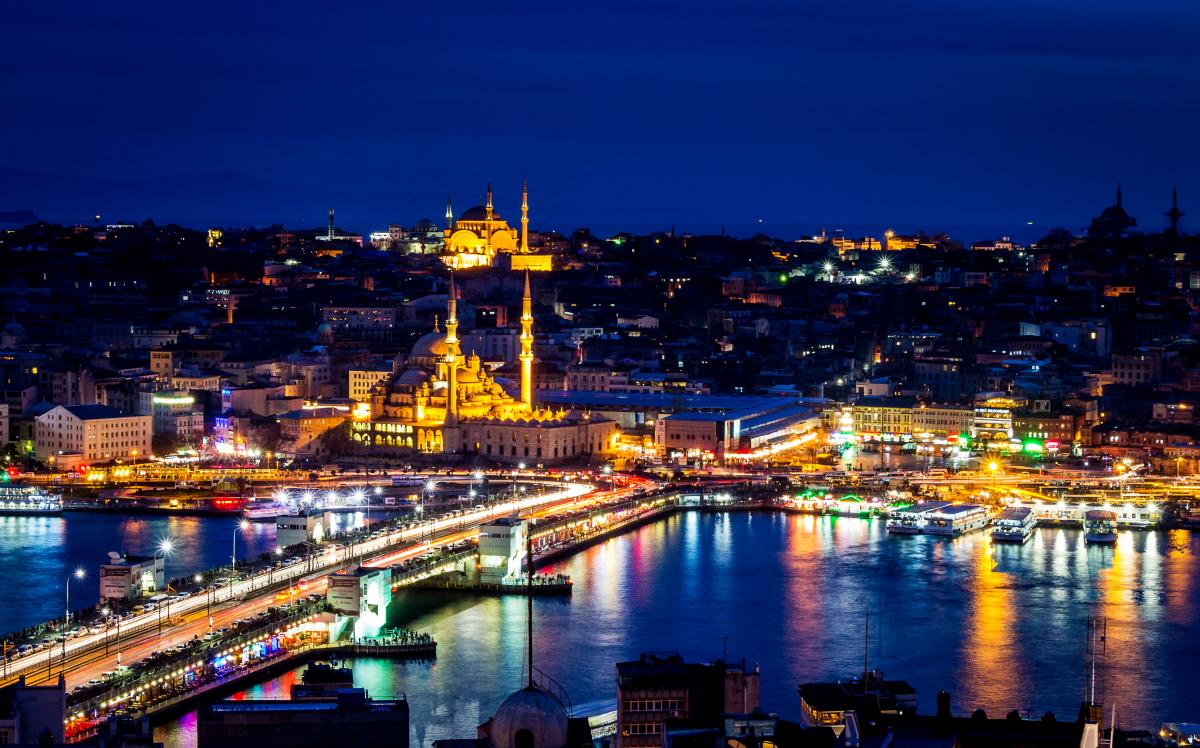
Istanbul in Ten Days
Norient blogger Georg Milz is in Istanbul to update you on new music and trends of the largest city in Europe. In the next ten days he’ll link up with artists, talk to labels and club-owners and discover musicians from dubstep to folklore, pop music or the underground. Watch this space and stay tuned on whats shaking the ground in Istanbul.
After clicking through an uncountable number of Facebook-pages, reading blog-entries, articles, listening to radio features and talking to friends and people who are promoting urban music from Istanbul in Munich, I’m finally here on a terrace with a view on the Golden Horn, overlooking the beauty of the city.
In the next 10 days I’m going to experience the bubbling nightlife, sub- and pop culture of the largest city in Europe. A city with an immense output on creativity. This creative out put could be recognized recently during the rivals in cities across Türkiye. Penguins turned into symbols of the peaceful protesters, after the national showed a documentary about them, instead of giving report on the heavy teargas attacks on protesters in Gezi Park. After authorities have removed the symbolic memorials to commemorate protestors who have died during rivals, people decided to remember them in writing their names on Turkish Lira bills. Also musically the output is impressive. Spontaneous choirs and orchestras were formed at the Gezi Park or the piano concert of Davide Martello and Yiğit Özatalay during a night which was supposed to turn violent. The song «Sound of Pots and Pans» (tencere tava havası) by Kardeş Türküler, a folkmusic group consisting of more then 20 singers from Istanbul, became the anthem of the protesters summarising their frustration about shutting down one of the few parks left in the city.
I didn’t know much about music from Istanbul besides some few impressions I collected growing up in a suburb in Munich. Turkish Techno sounds from a soundsystem of a slammed BMW on the streets, the song «Şımarık», populary known through the kissing sounds by the near Frankfurt born global pop star Tarkan, the great introduction film to the cities vibrant music scene «Crossing the Bridge» by Fatih Akın and compilations by Munich’s Indie-label Trikont like Globalista or Beyond Istanbul.
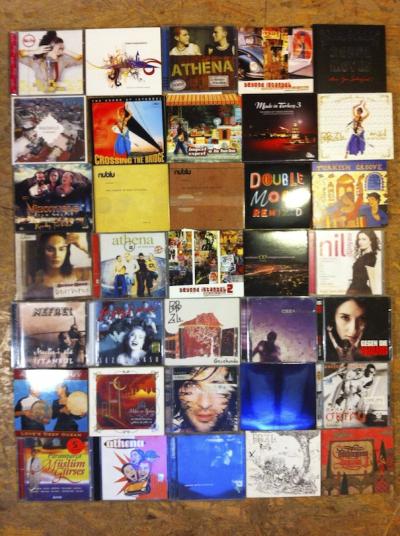
Curious to find out more about Turkish music I was digging deep into the music archive of our label Outhere Records in Munich. Here I found plenty of records by the countries leading indie label Doublemoon. Discovering albums by artists like Baba Zula, Orient Expressions or compilation series like Made in Turkey put together by Radio presenter Gülbahar Kültür, some local pop albums by the likes of NIL, the rapster Ceza, aswell as the pioneering turkish skaband and grandprix participants of 2004 Athena. I put together a mix to find my way into the big space of Turkish music with tracks with catchy hooks, cool sounds and melodies, adding some dubstep tunes and psychedelic music from the 1970s.
I was wondering why so little Turkish music was crossing over into the clubmusic of the rest of the world, bringing together people from all kinds of mindsets: Turks who are listening to the Turkish-German hiphop artists from Berlin, Turkish-German students who are listening to Turkish electro-pop with an international feel, an openminded german audience and a hipster crowd worldwide. Especially the global bass scene in Istanbul seems promising, fusing turkish folklore with heavy basslines. Beats by producers like Da Poet, Nodul, or the funk and bass remixes by DJ Veyasin were just made to rock and shake any peoples ass. Straight on point, no compromise always «Pumpen! Pumpen!» just like the motto of the chavvy electro-rap-group Hardsoul from Bielefeld Baumheide.
In the next couple of days I’ll be heading through the labyrinth of streets in city of istanbul with a small camcorder, a foto camera, a field recorder and a notebook to link up with musicians and artists to find out what is shaking the ground at the Bosporus right now – Watch this space, to be continued ….
Biography
Published on September 03, 2013
Last updated on June 27, 2023
Topics
Does the global appropriation of kuduro exploit or reshape the identity of Angolans? How are «local» music genres like guayla sustained outside of Eritrea?
Place remains important. Either for traditional minorities such as the Chinese Lisu or hyper-connected techno producers.
About Tunisian rappers risking their life to criticize politics and musicians affirming 21st century misery in order to push it into its dissolution.
